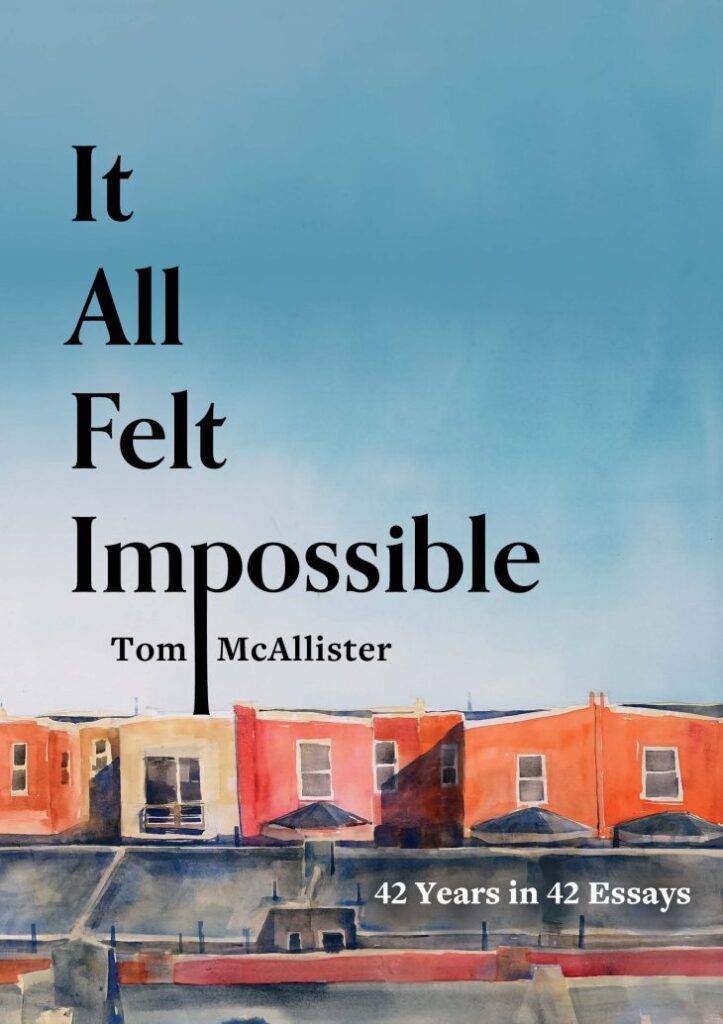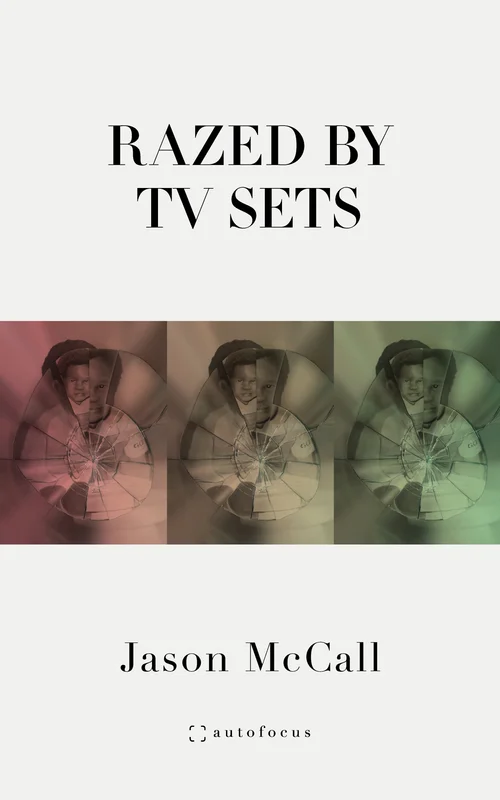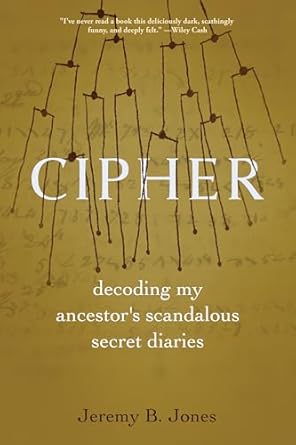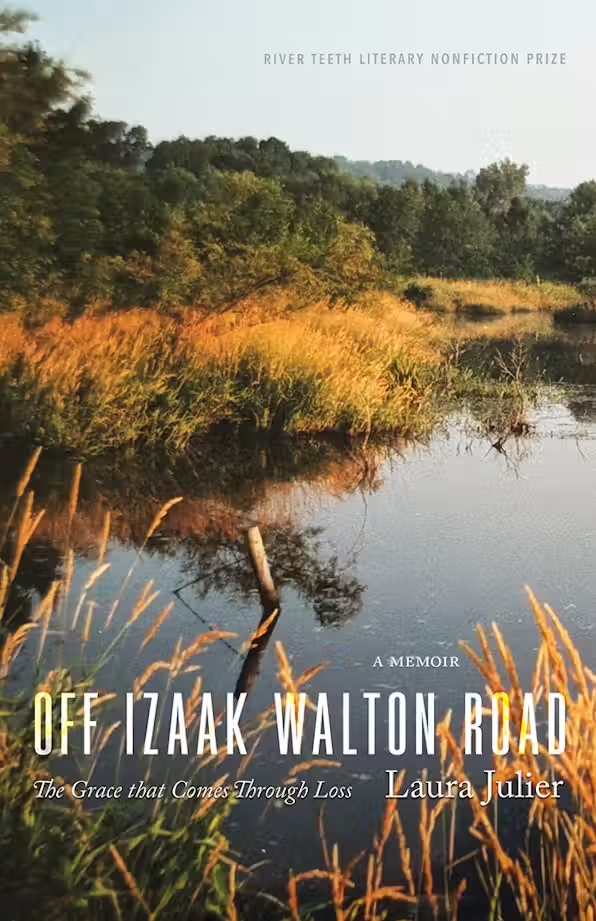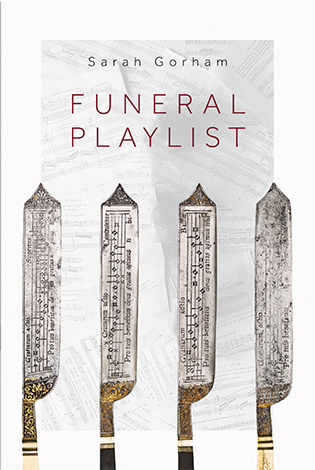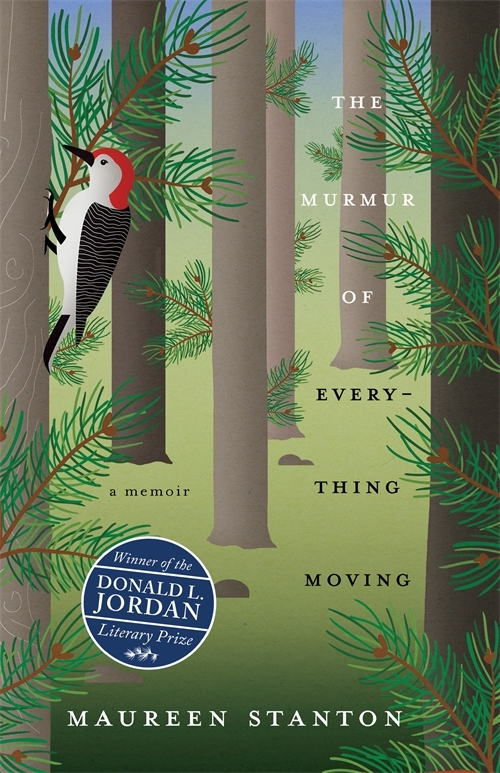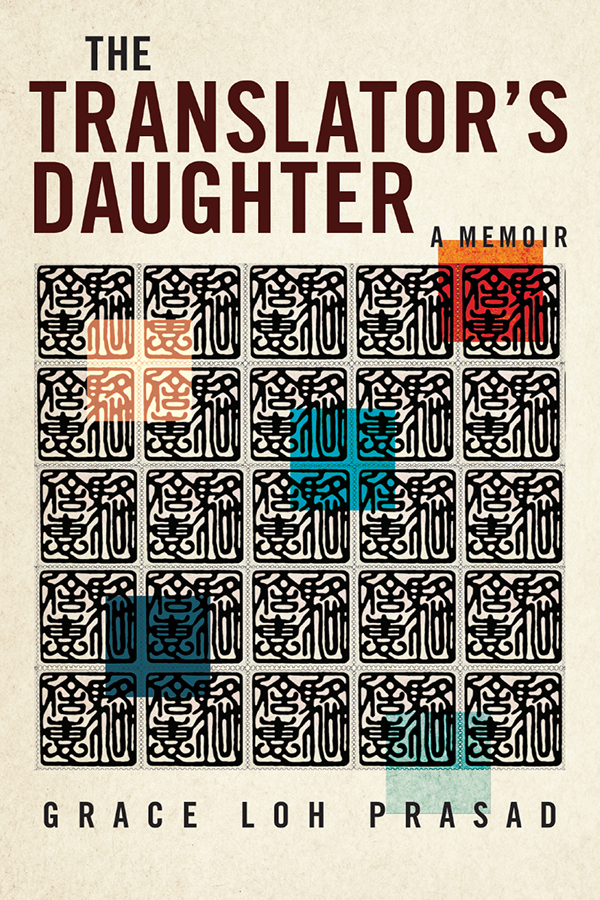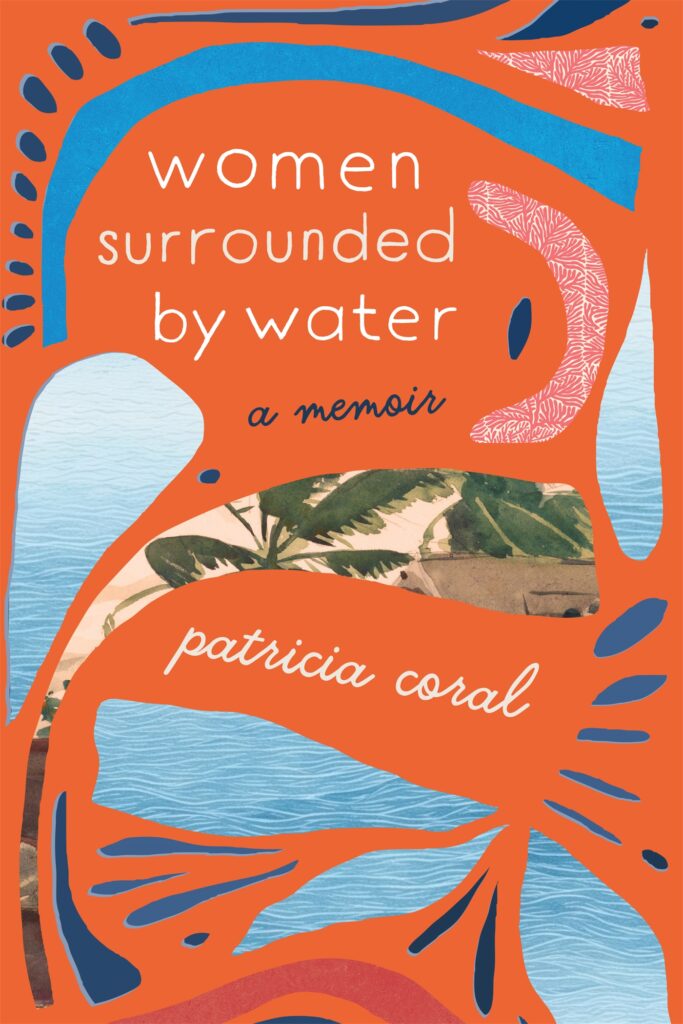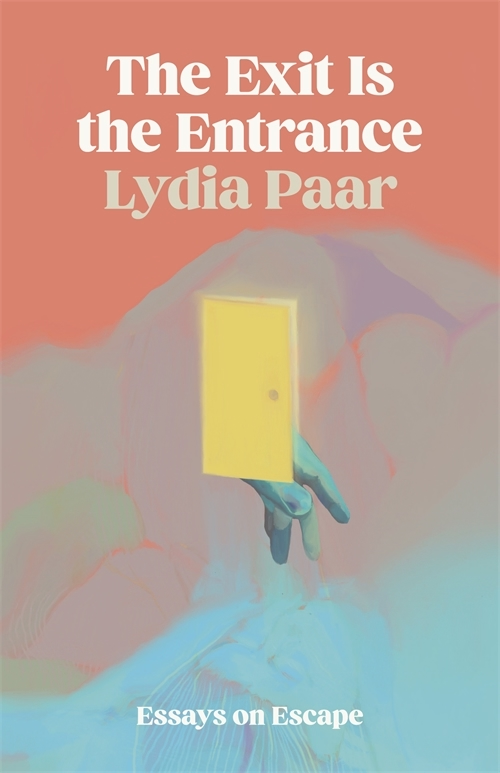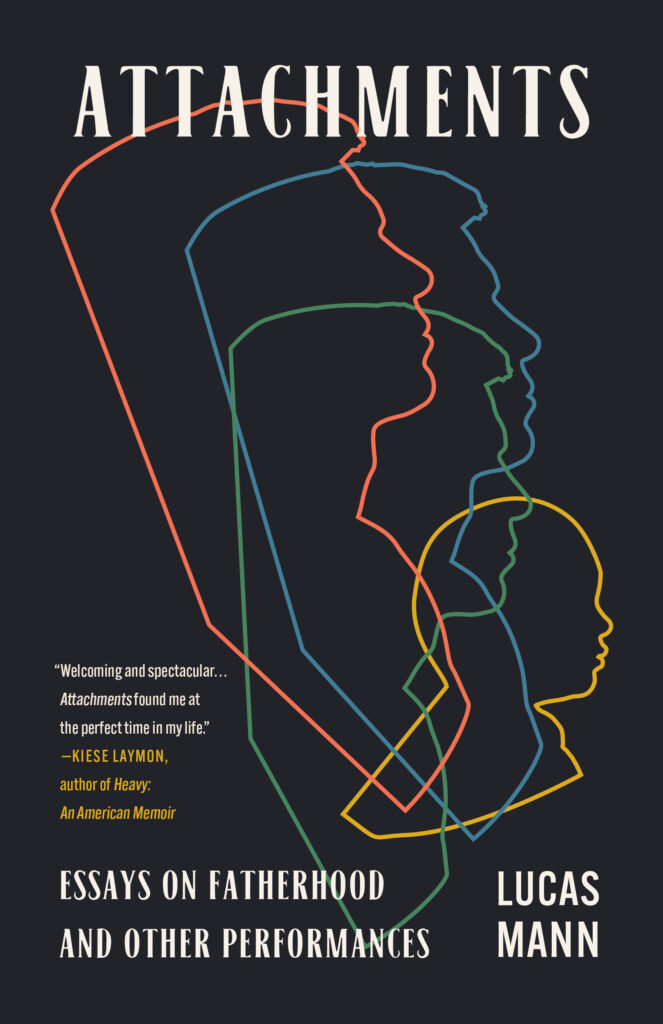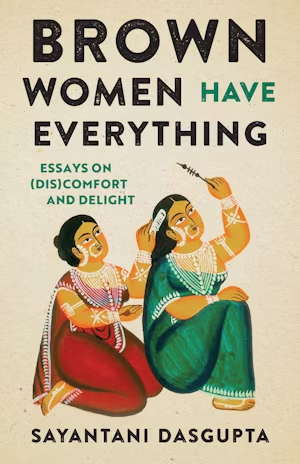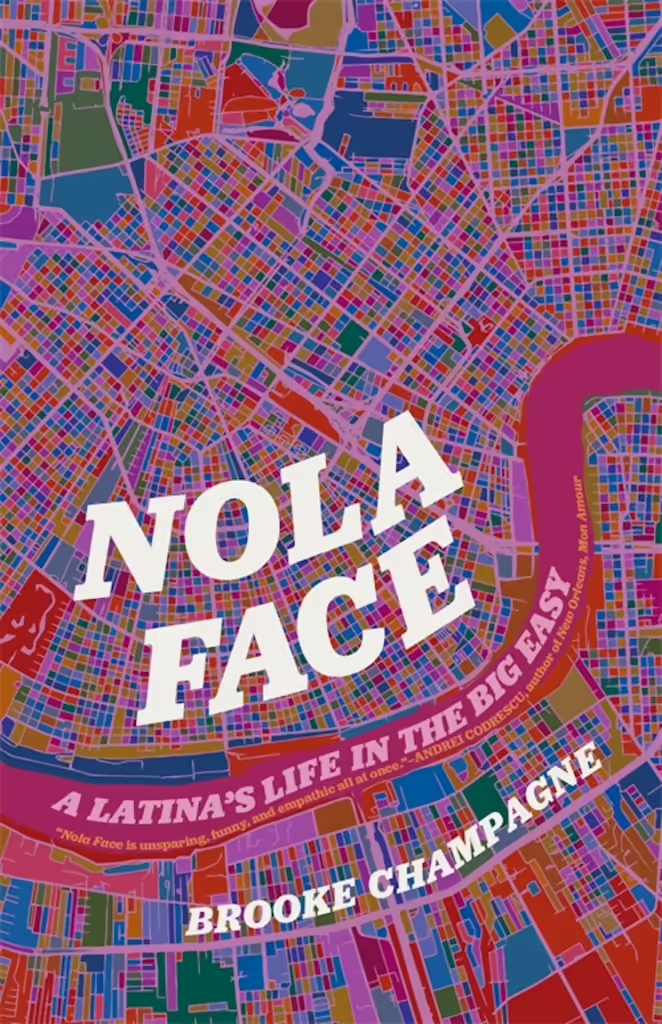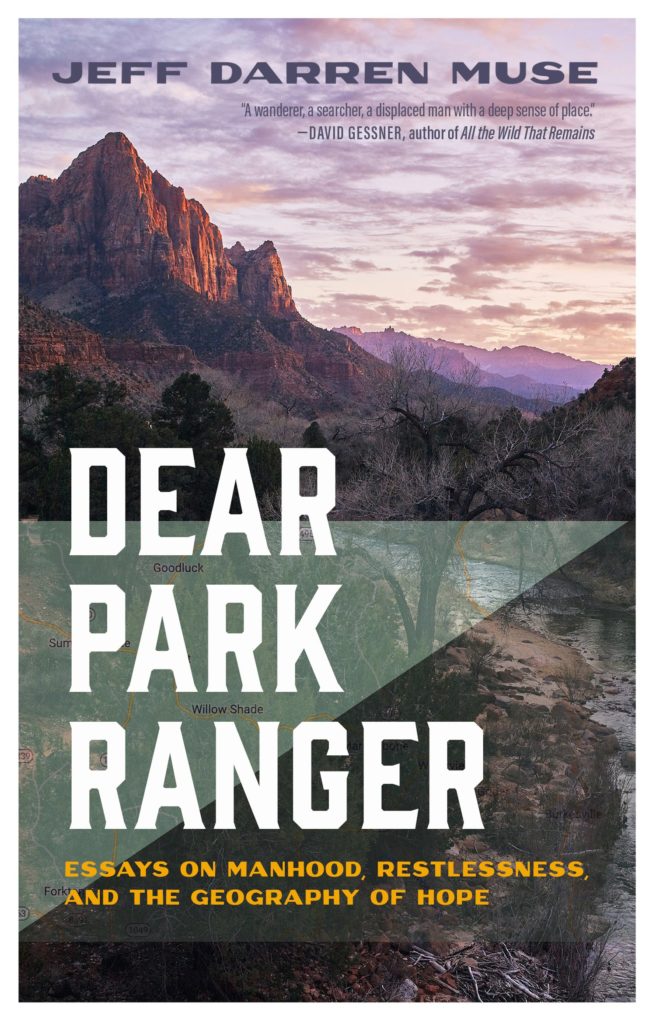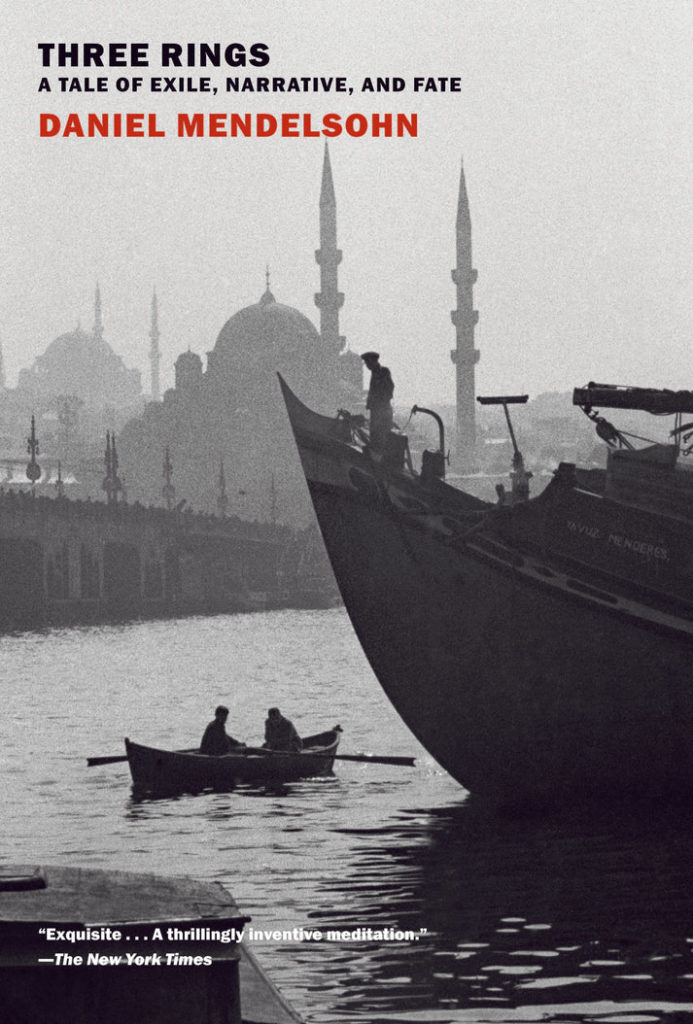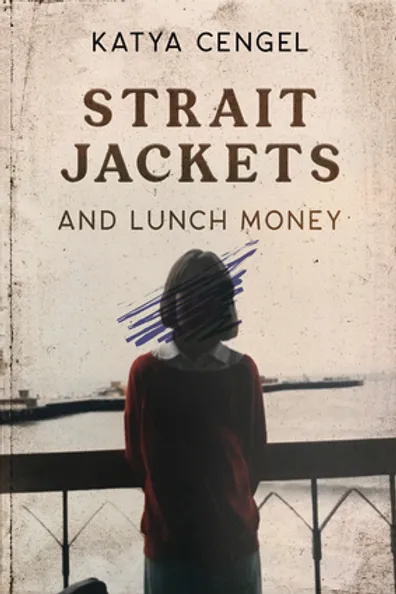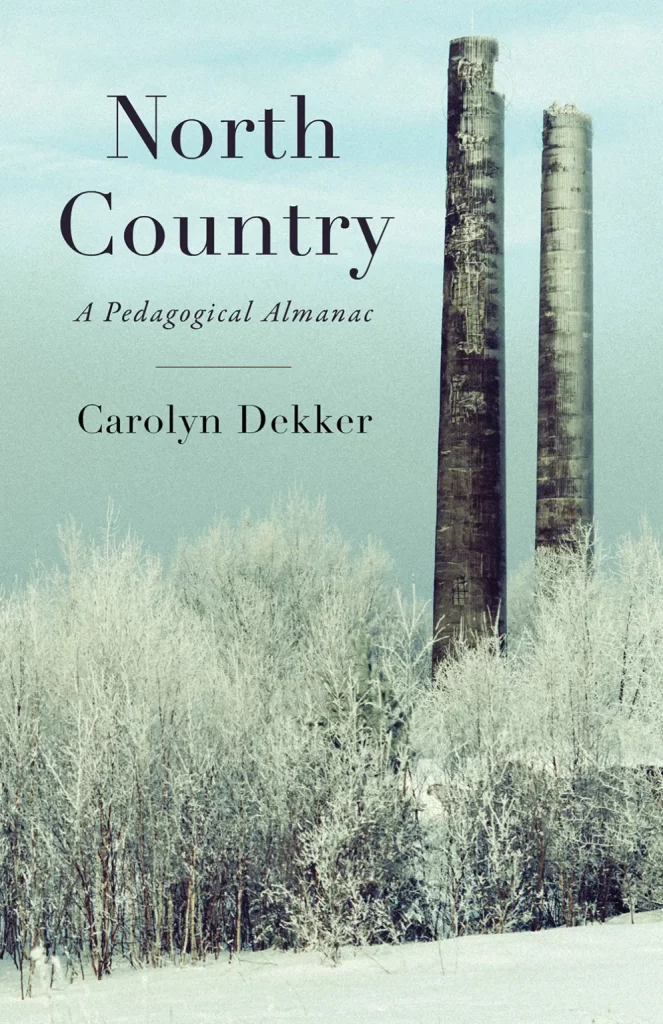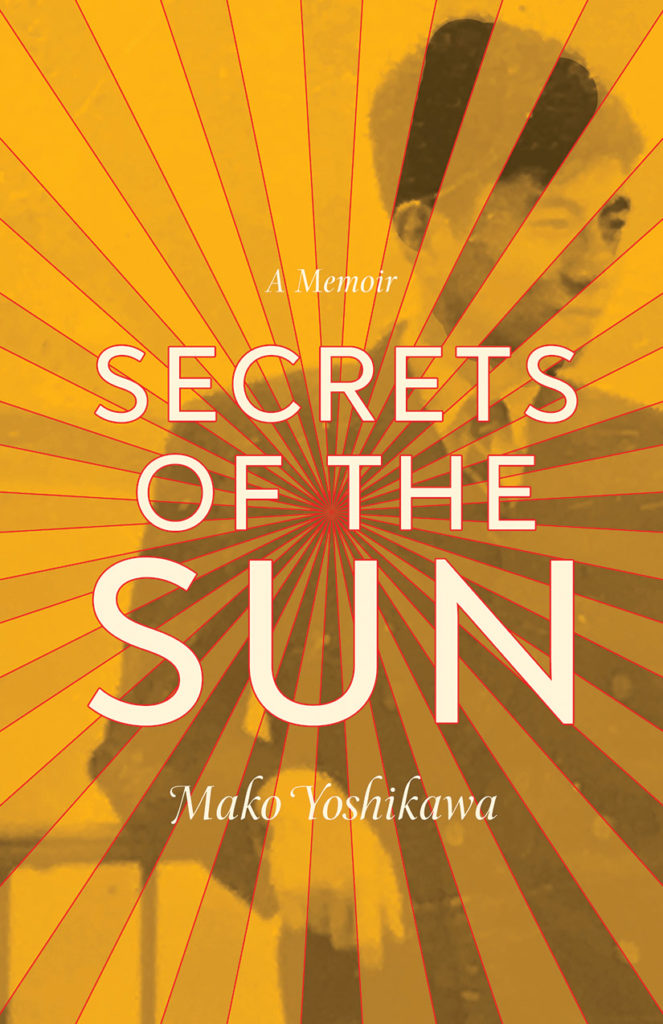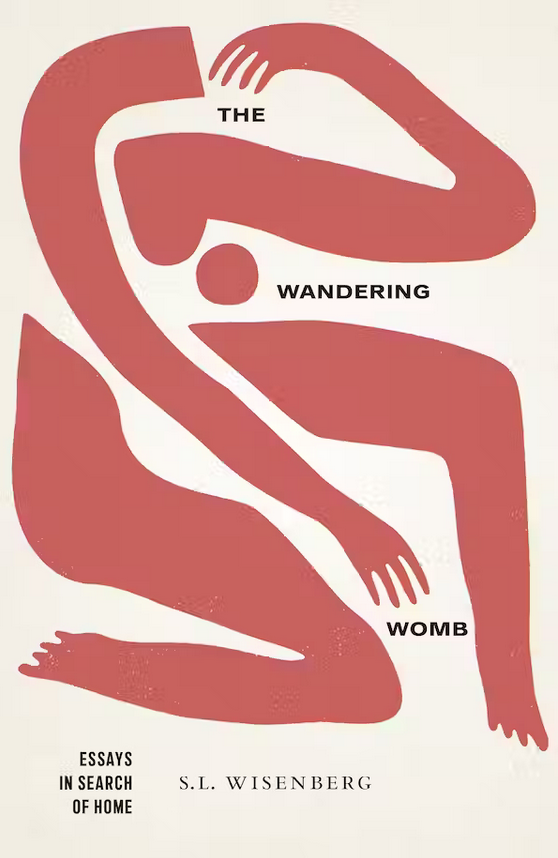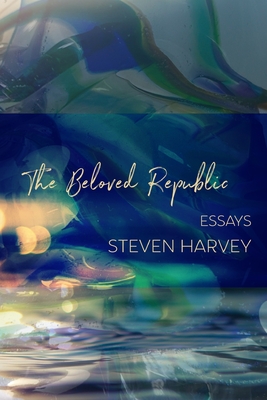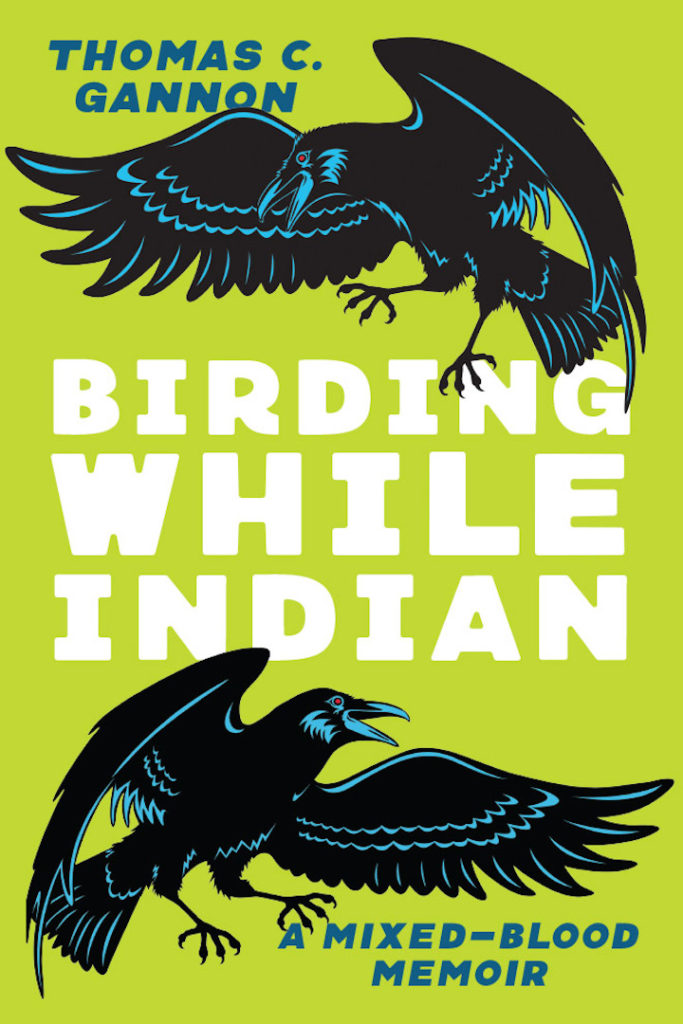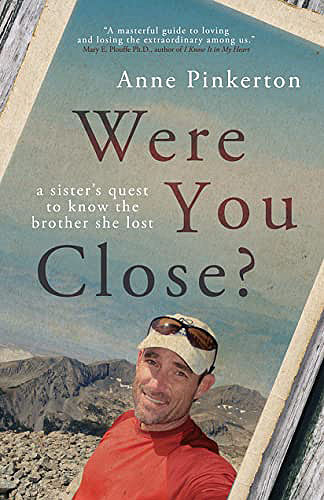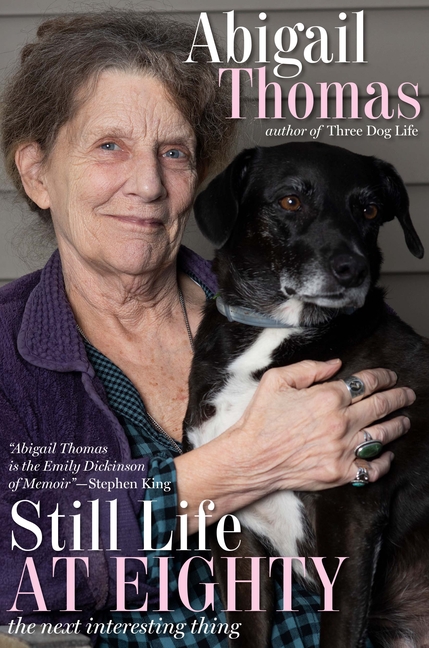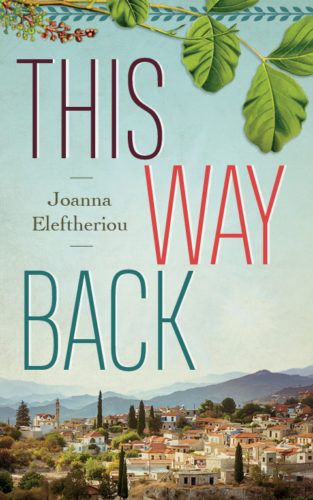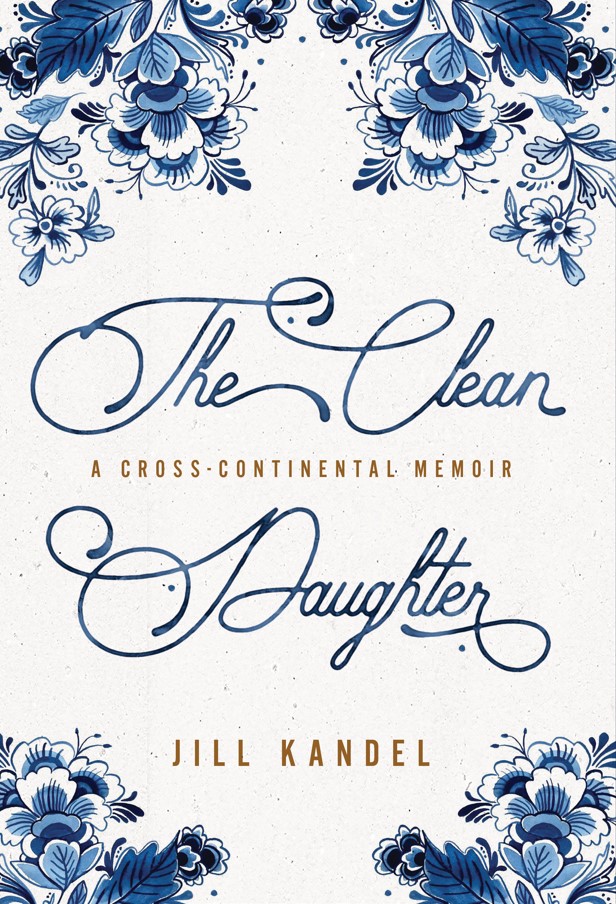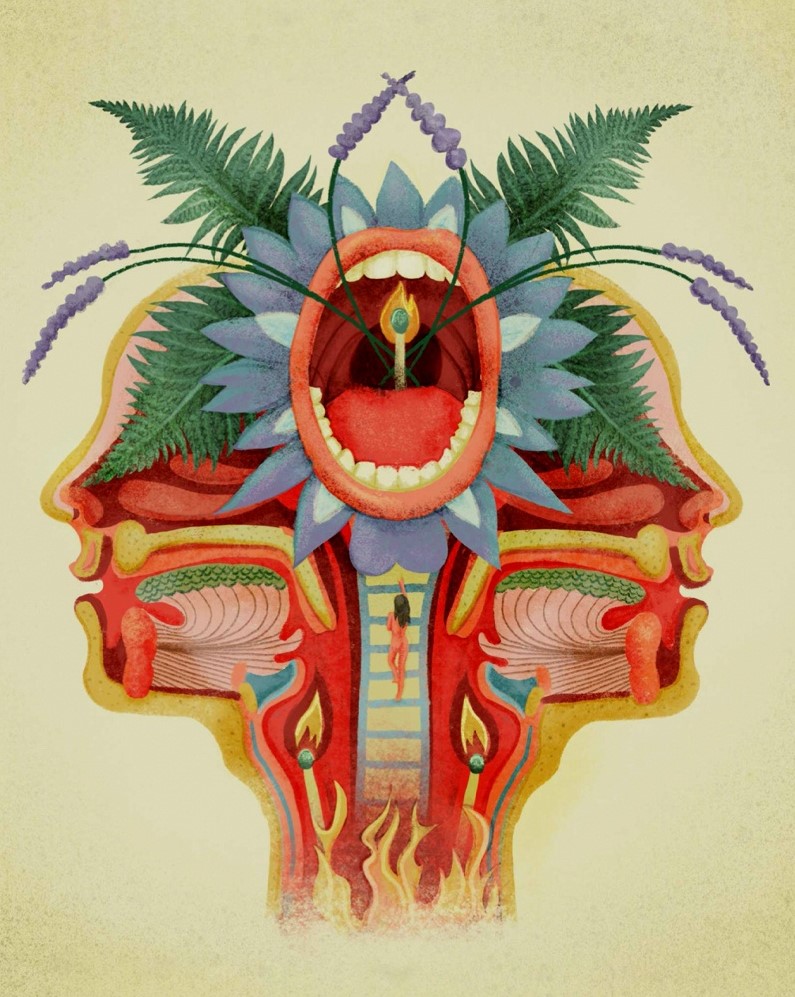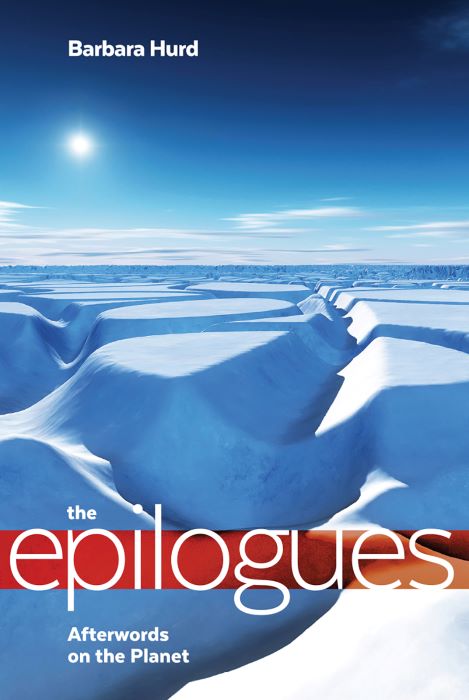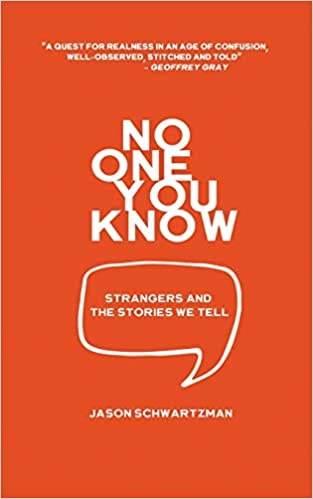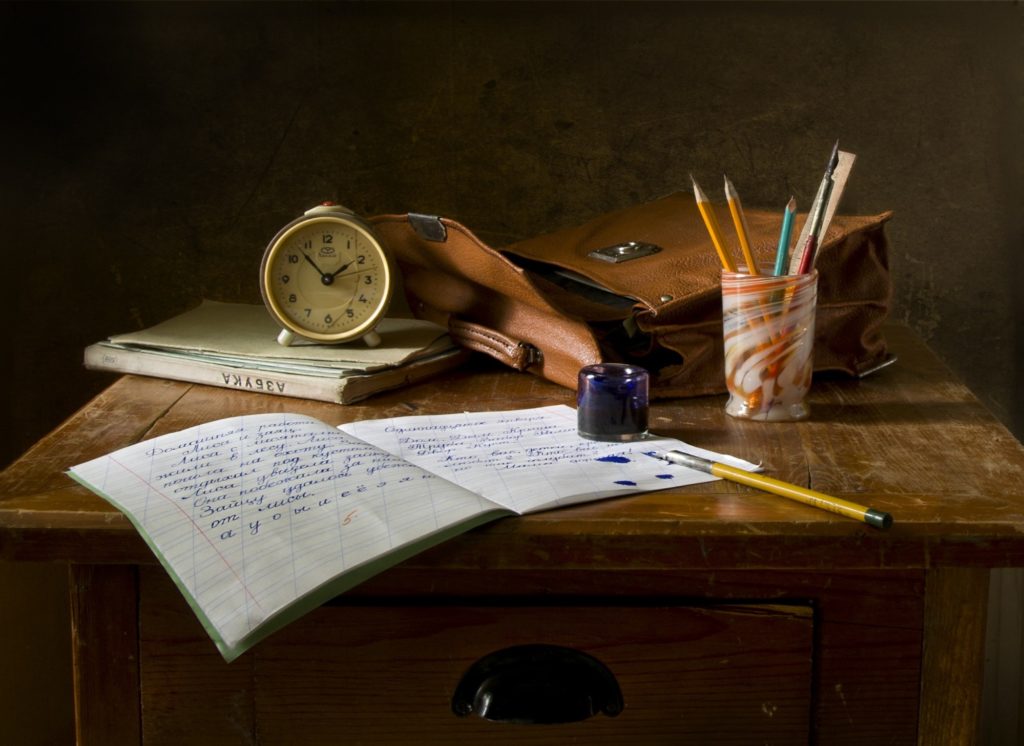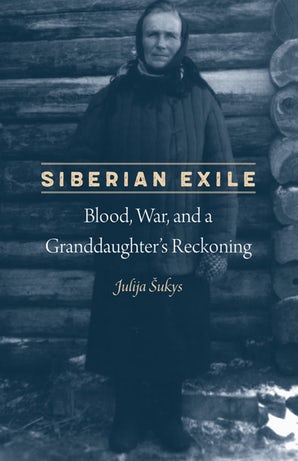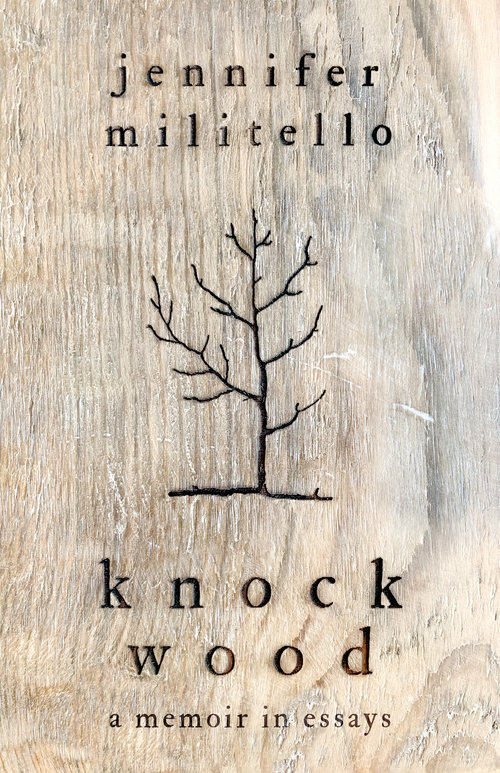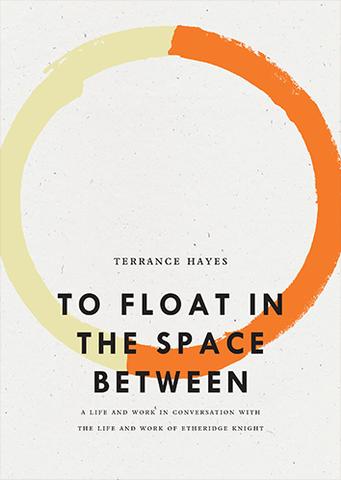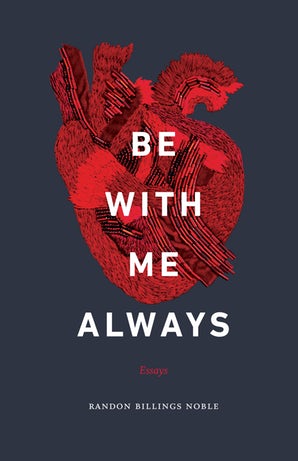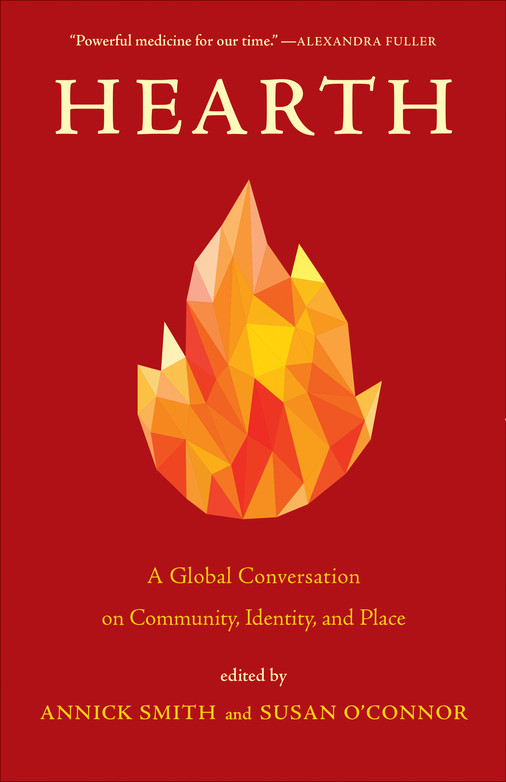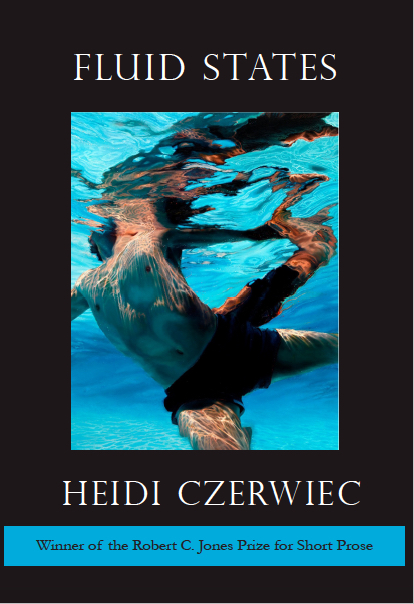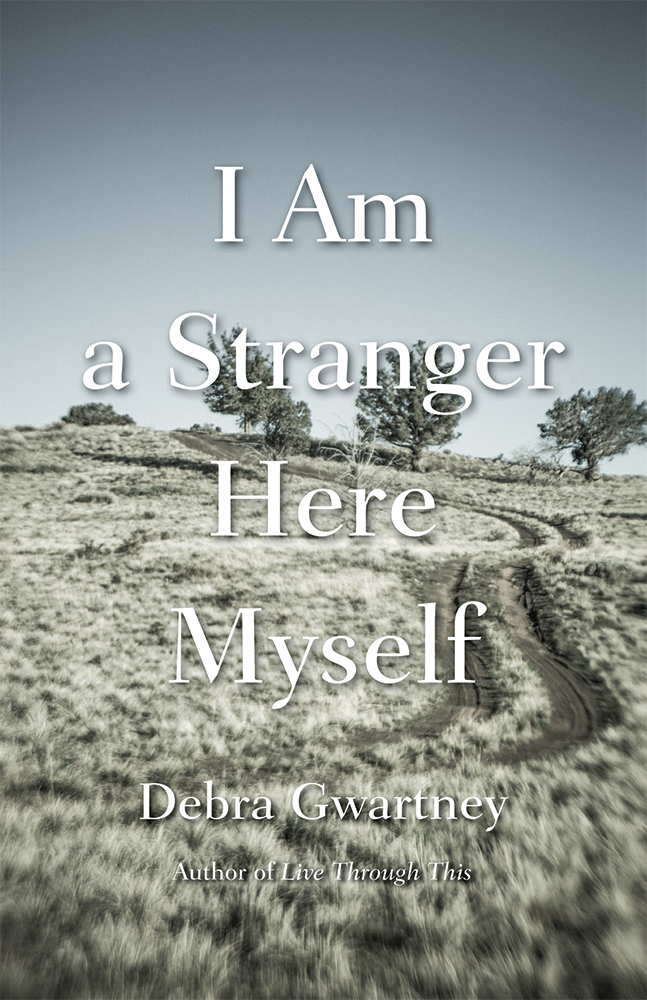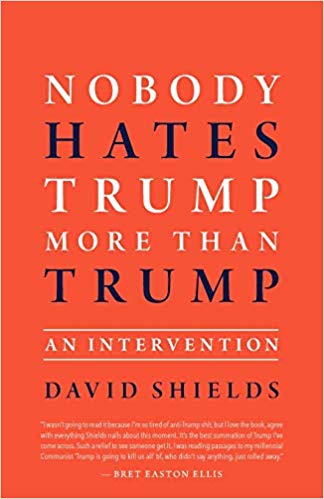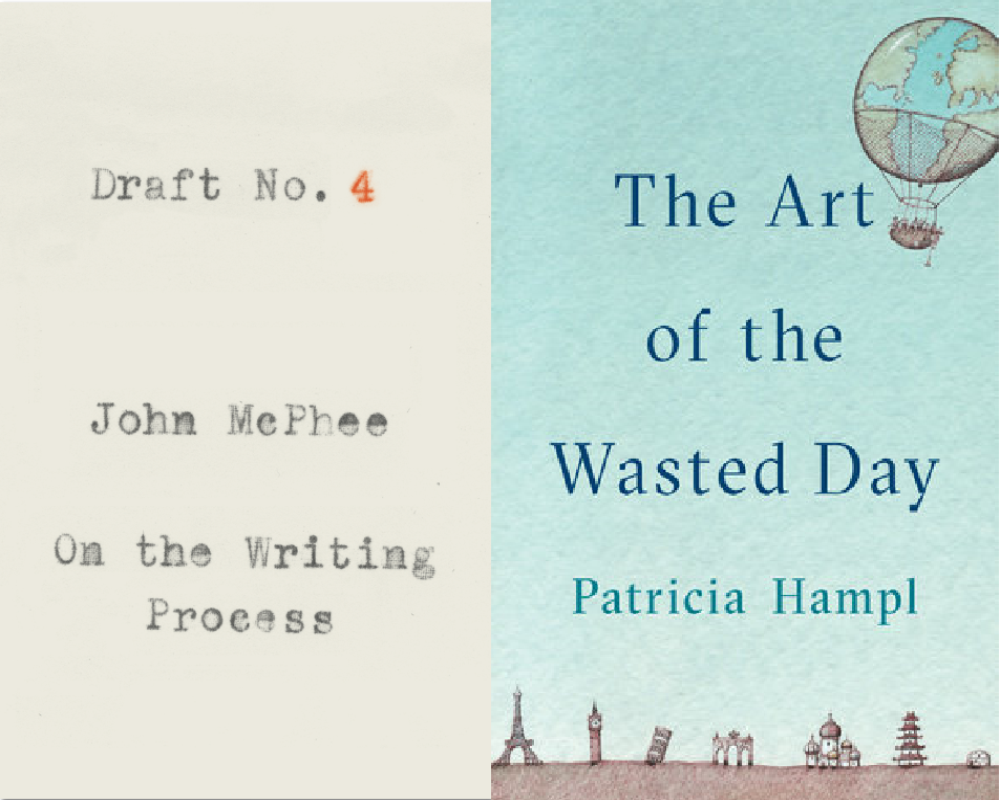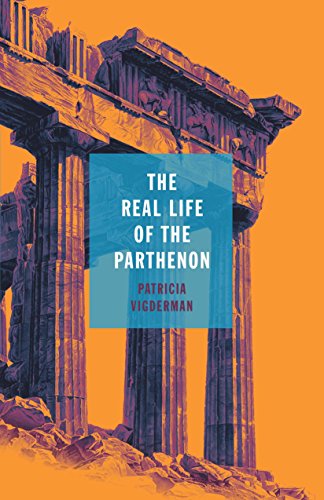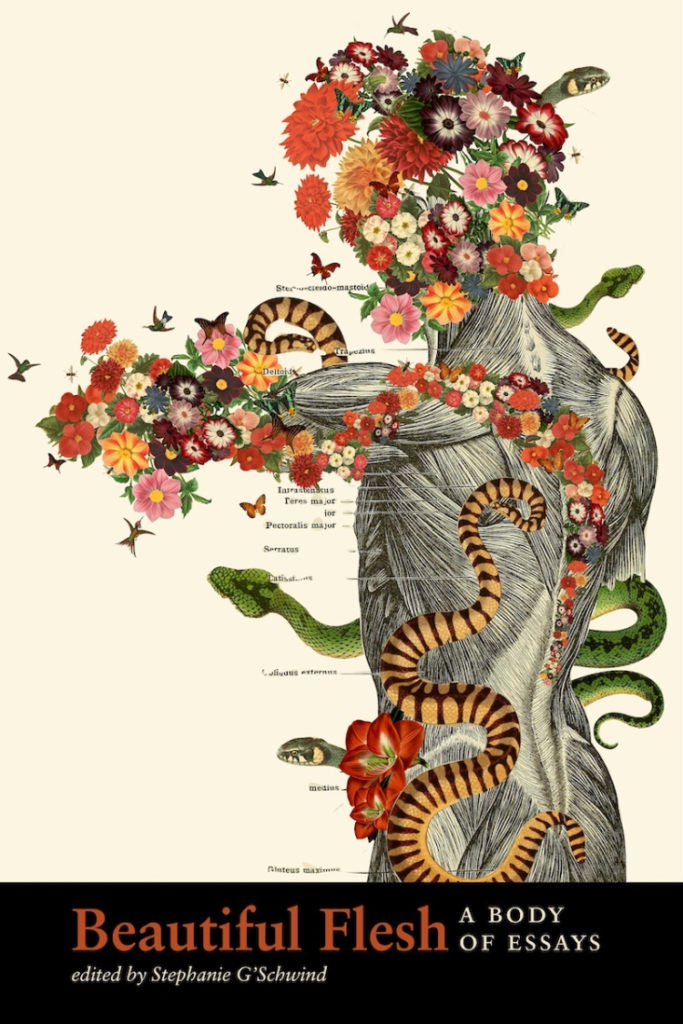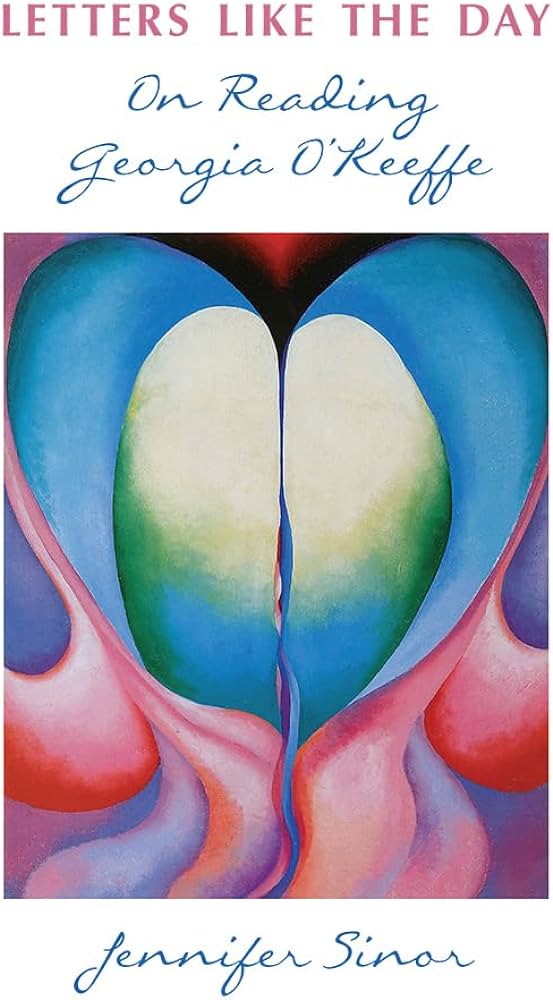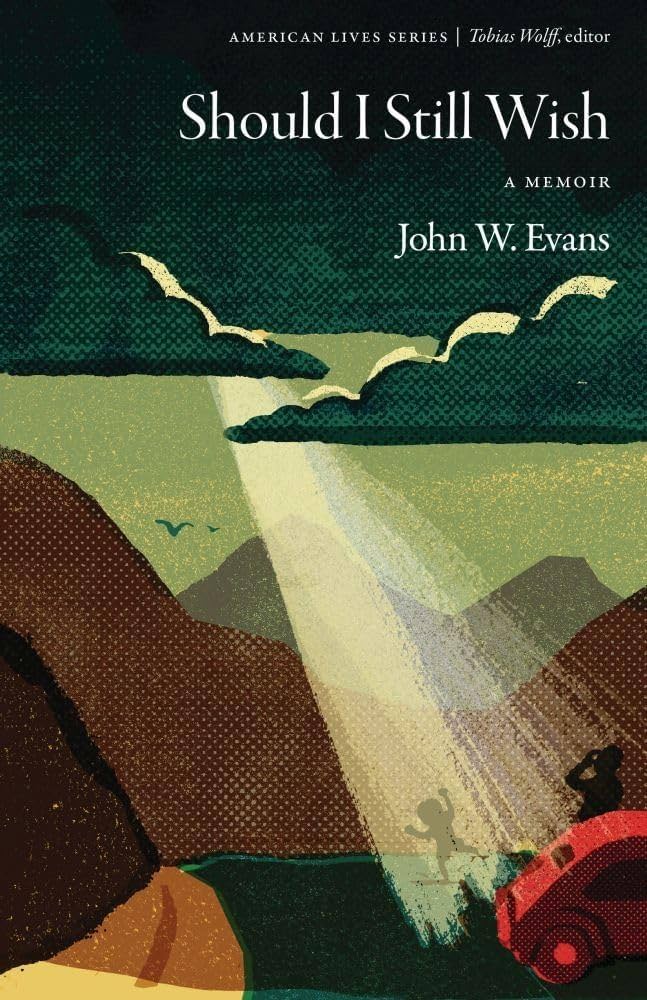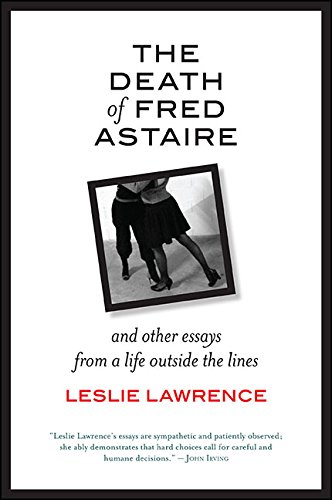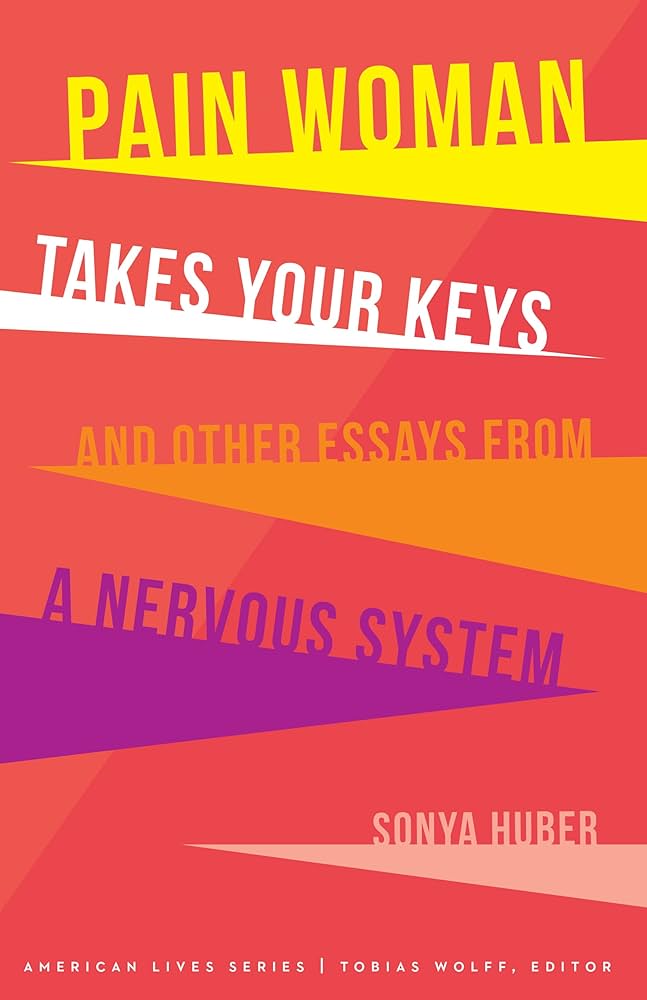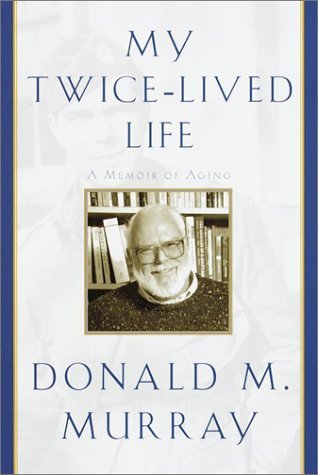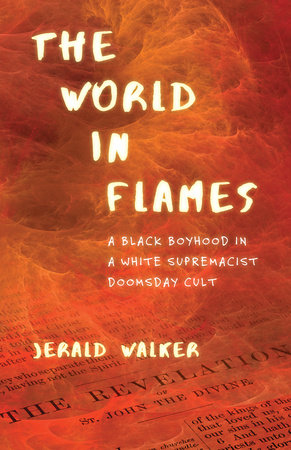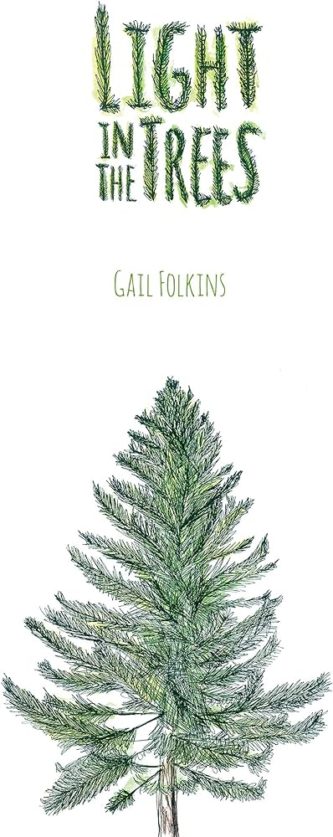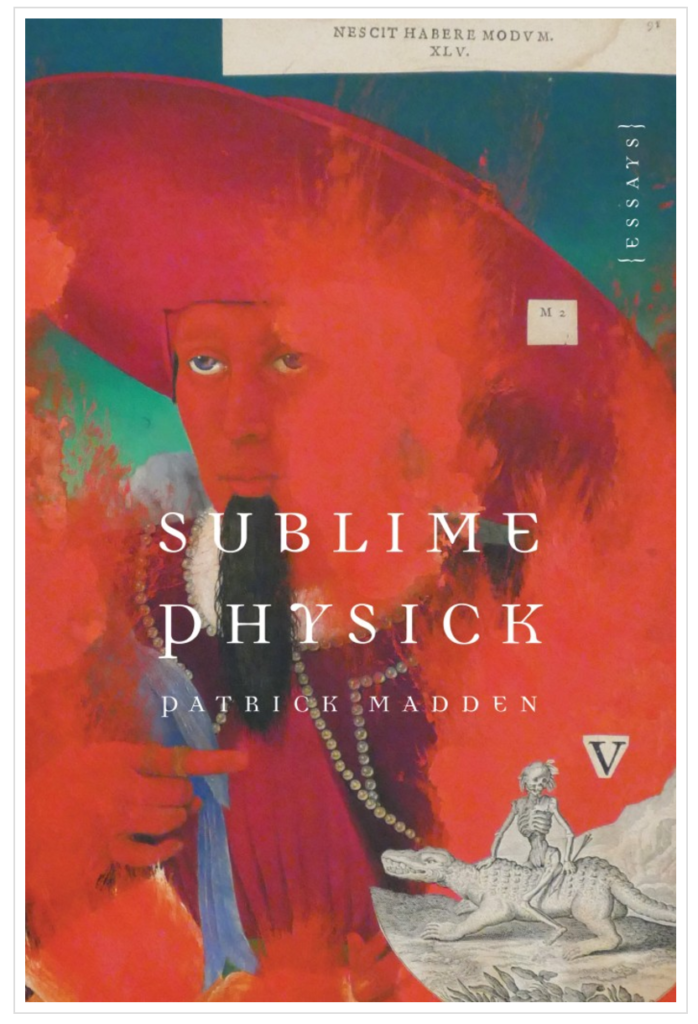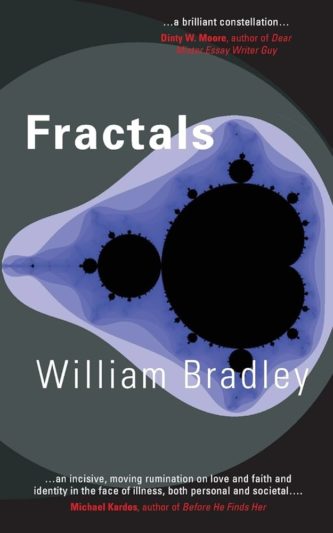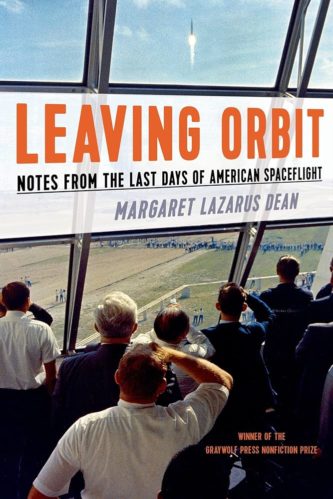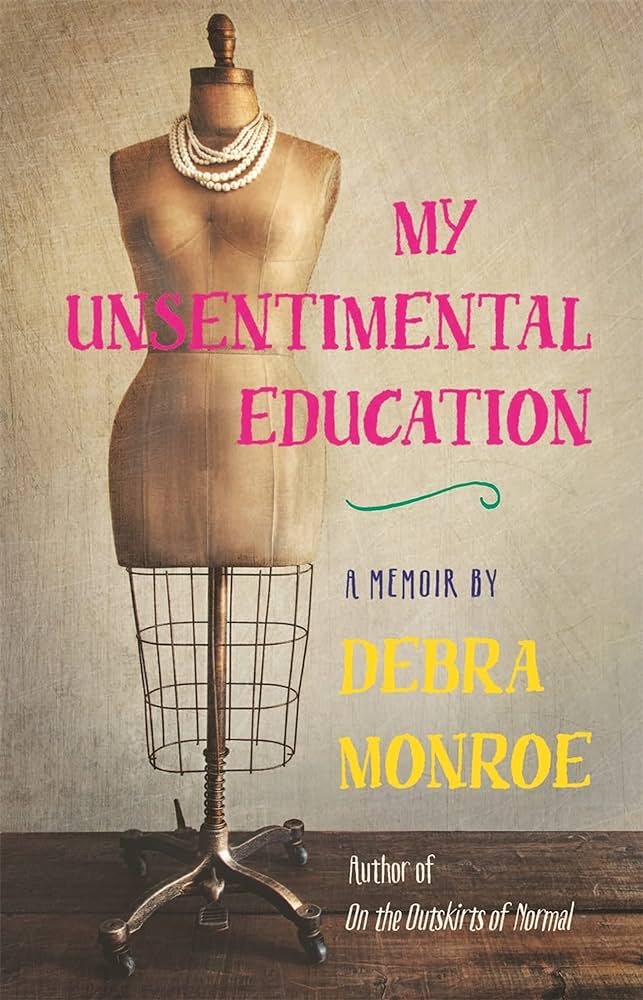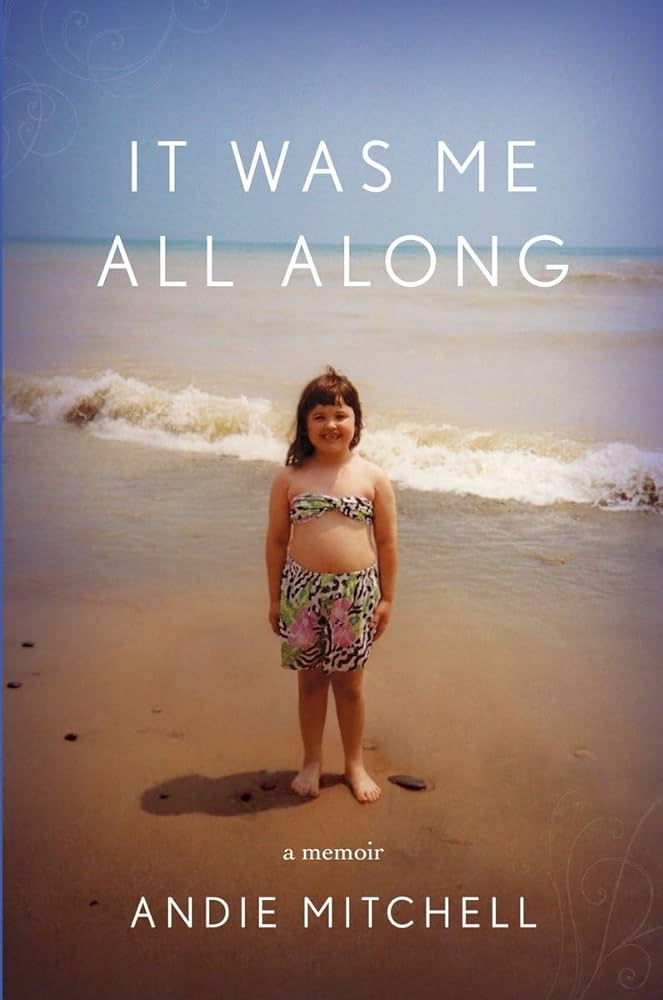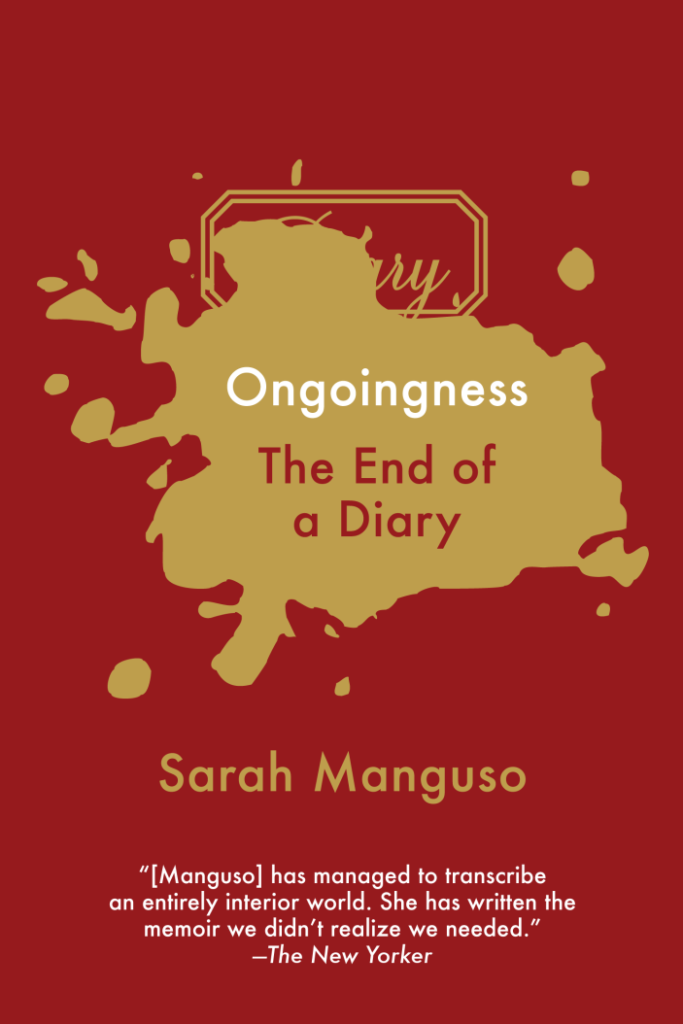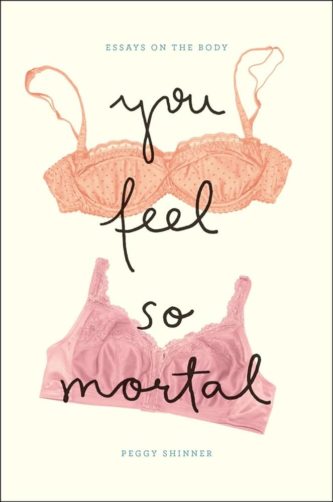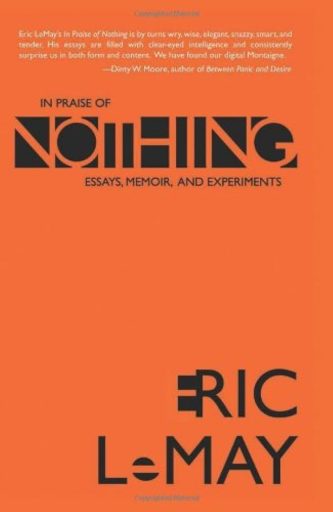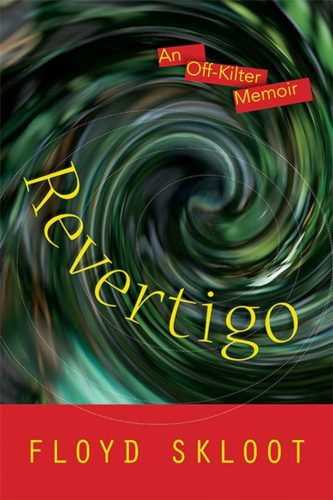By Kate Hopper
Dear Mister Essay Writer Guy: Advice and Confessions on Writing, Love, and Cannibals By Dinty W. Moore
A couple of months ago, I curled up in chair in the corner of my living room to begin reading Dinty Moore’s latest book, Dear Mister Essay Writer Guy: Advice and Confessions on Writing, Love, and Cannibals. The book, as you can probably guess from the title, is a writing guide in the form of an advice column. In it Moore fields tongue-in-cheek questions from 20 contemporary essayists on topics such as grammar, the writing life, why so many writers write about writing, and how to recapture the humor of a cocktail party story without having to get drunk again. Each of Moore’s equally tongue-in-cheek responses is accompanied by an essay inspired by the exchange. In this way, it’s both a collection of personal essays as well as a (very amusing) dialogue with other essayists.
The night I began reading Dear Mister Essay Writer Guy, my husband and dad sat a few feet away watching a football game. Football doesn’t interest me in the least, so I wasn’t worried about being distracted by the commotion on the screen. It didn’t occur to me when I sat down that I might become the distraction. As soon as I opened the book, however, I began to burst into raucous laughter, drawing my husband and dad’s gazes away from the game. By way of explanation, I would nod at the book in my hand and return to reading. Finally, after my fifth or sixth outburst, my dad looked exasperated. “Come over here,” he said. “I want to see that book.” So I plopped myself between the two of them on the couch and began reading aloud. So much for football.
Moore has been a champion of creative nonfiction for over three decades. He is the director of Ohio University’s Creative Writing Program and the founding editor of Brevity: A Journal of Concise Literary Nonfiction. Likewise, all the contributing nonfiction writers have been part of the larger discussion about creative nonfiction as a genre. And perhaps that’s one of the things that makes this book so entertaining. I know these are serious writers who have spent countless hours thinking and writing and teaching and talking about nonfiction, and frankly, it’s charming to see them joke around a little.
In response to Phillip Lopate’s question about whether it’s possible to write about past girlfriends without “coming off as a male chauvinist pig,” Moore writes, in part:
I believe the best way to avoid coming off as a male chauvinist pig might be to not be a male chauvinist pig? Is that a stretch? Another way might be to adopt a writing persona, perhaps one where you seem grateful, not vindictive or sour, and just vulnerable enough that the readers want to tuck you in and feed you soup.
I’ve written an essay, trying out my theory. I sipped a cup of warm broth as I wrote it. You might try that as well.
Moore is wry and self-deprecating and has spot-on comedic timing. But clearly he isn’t the only one in this book with a sense of humor. Many of the questions posed to Mister Essay Writer Guy are as funny as Moore’s responses and accompanying essays, and I appreciated the glimpse into the lighter side of these well-known essayists. Cheryl Strayed wonders if her crush on the em dash is “bad habit” or something she should “honor without restraint.” Brenda Miller frets about how wanting to be “liked” on Facebook alters her role as a personal essayist. Ander Monson worries what writing shorts and wearing shorts (especially while he’s teaching) says about him. Barrie Jean Borich wants to know if it’s okay to spy on her neighbors using Google Maps, and then whether it’s okay to invent things to make their lives seem more interesting. Sue William Silverman questions whether she should support a student who insists on the connection between cannibalism and essay writing.
I found Dear Mister Essay Writer Guy so funny, in fact, that I had to put it aside for a couple weeks after I had my gallbladder removed. I was worried that if I dove back into it too soon I would, quite literally, bust a gut.
In a review in the Los Angeles Review of Books, Geoff Bendeck accuses of Moore of trying to do too much in Dear Mister Essay Writer Guy. Bendeck asks: “Is this meant to be a book of humor or a book about writing?”
For me, the packaging and title were enough to make it clear that this book wasn’t intended as a serious writing guide.
But though Dear Mister Essay Writer Guy is primarily a humor book, it also is instructive. Throughout, Moore experiments with form; his example essays utilize Google Maps, flow charts, cocktail napkins, and Facebook status updates. Some of these are more successful than others, of course, but even the silliest of them carry nuggets of wisdom.
In Moore’s response to Julianna Baggott’s question about whether one needs to be an alcoholic to be a writer, which is written on cocktail napkins, Moore revisits communication theorist Marshall McLuhan’s assertion that new mediums (like cocktail napkins?) change not only the message but also “messengers and recipients.” In Moore’s essay “Four Essential Tips for Telling the Truth in Memoir and Securing That Blockbuster Book Deal” (in response to Michael Martone’s question about how many spaces come after a period), there are a number of sentences, offering sound advice about truth-telling, which I highlighted and passed on to my students:
Memory is like a rope, knotted every three of four feet, and hanging down a deep well. When you pull it up, just about anything might be attached to those knots. But you’ll never know what’s there if you don’t pull. And the more you pull at that rope, the more you find.
[Y]our honest (if not accurate) memories will be attached to those knots, and those honest memories—along with reflection, examination, reconsideration—are precisely what the memoirist has to offer.
It’s clear we are in the hands of a master. But it’s also clear that with this book, Dinty Moore is encouraging us to loosen up. So take to heart Moore’s recommendation in the introduction to the book: “Enjoy yourself. Consider reading passages aloud to your spouse or partner, or just slither up to a complete stranger at the corner coffee shop and let loose a chapter or two.”
Though I spared strangers at the coffee shop, my husband and dad were only the first people to whom I read this book aloud. After that it was to students over dinner at a writing retreat, then to my mother, then to writing friends over the phone. Each time I laughed until I had tears in my eyes. I think you will as well.
Ten Speed Press
$14.99 Hardcover | Buy Here!
Kate Hopper is the author of Use Your Words: A Writing Guide for Mothers (2012) and Ready for Air: A Journey Through Premature Motherhood (2013), and the co-author of Silent Running: Our Family’s Journey to the Finish Line with Autism (2015.) Kate holds an MFA in creative writing from the University of Minnesota and has been the recipient of a Fulbright Scholarship, two Minnesota State Arts Board Grants, and a Sustainable Arts Grant. Her writing has appeared in a number of journals, including Brevity, The New York Times online and Poets & Writers. She served as an editor at Literary Mama for five years. She teaches writing online and at The Loft Literary Center in Minneapolis, where she lives with her husband and two daughters. Kate was a speaker at our 2015 River Teeth Nonfiction Conference and has taught with the Ashland MFA Program.


